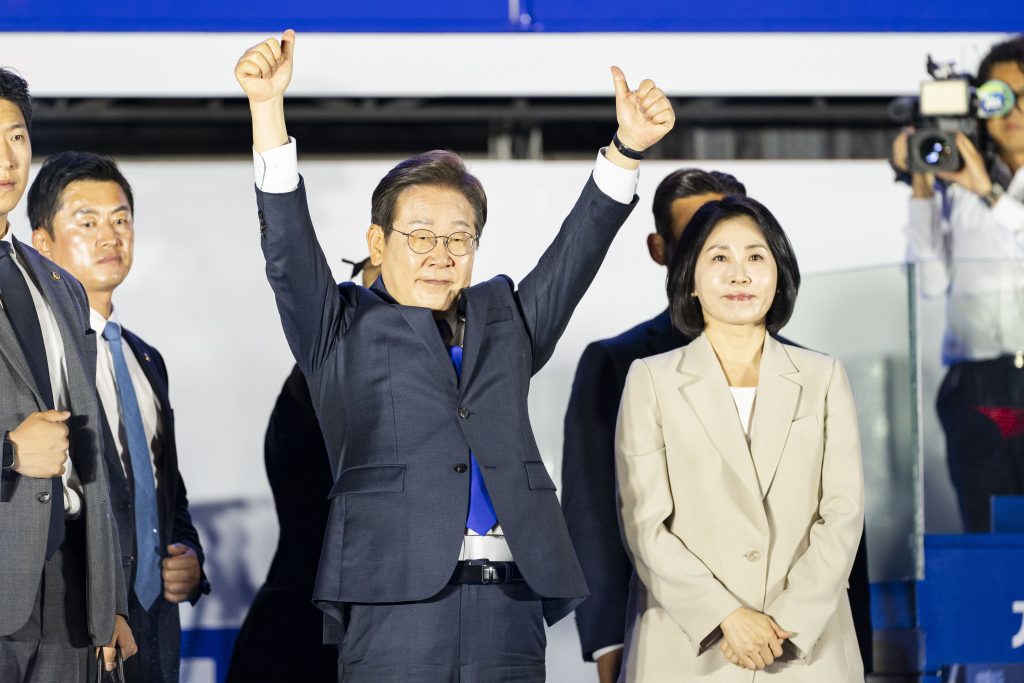South Korea has elected a new president after months of political turmoil sparked by former President Yoon Seok-yeol’s declaration of martial law in December 2024, which led to his impeachment.
South Koreans went to the polls on Tuesday and elected Lee Jae-myung of the Democratic Party, who officially started his term early Wednesday morning, according to Yonhap News Agency.
The Democratic Party’s victory over Kim Moon-soo, the candidate representing Yoon’s People Power Party, was seen as a reckoning for the martial law declaration. The final results showed that Lee received 51.7% of the votes, while Kim trailed behind with 39.3%.
In a victory speech to his supporters, Lee vowed to seek talks with North Korea, a break from his predecessor’s approach that provides President Trump with the opportunity to revisit the diplomacy with Pyongyang that he pursued during his first term.

“I will work to build a peaceful and stable Korean Peninsula where coexistence is possible. While firmly exercising deterrence against the North through strong national defense, I believe it is better to win without fighting than to win through fighting — and better still to create a peace where fighting isn’t necessary at all,” Lee said.
“With this conviction, I will pursue dialogue, communication and coexistence with the North, working together to find a path toward mutual cooperation and shared prosperity,” he added.
When Yoon came into office in 2022, he vowed to take a harder line on North Korea, and tensions soared over the following years as the US and South Korea restarted major war games that were suspended under the first Trump administration. President Biden oversaw significant US provocations on the Korean Peninsula, including the US deployment of a nuclear-armed submarine to South Korea for the first time since 1981.
During his first term, President Trump held three meetings with North Korean leader Kim Jong-un. The effort was supported by then-South Korean President Moon Jae-in, a proponent of Korean reunification. While hawkish critics of the engagement say it didn’t achieve anything, the diplomacy eased tensions and brought calm to the Korean Peninsula for a few years.


